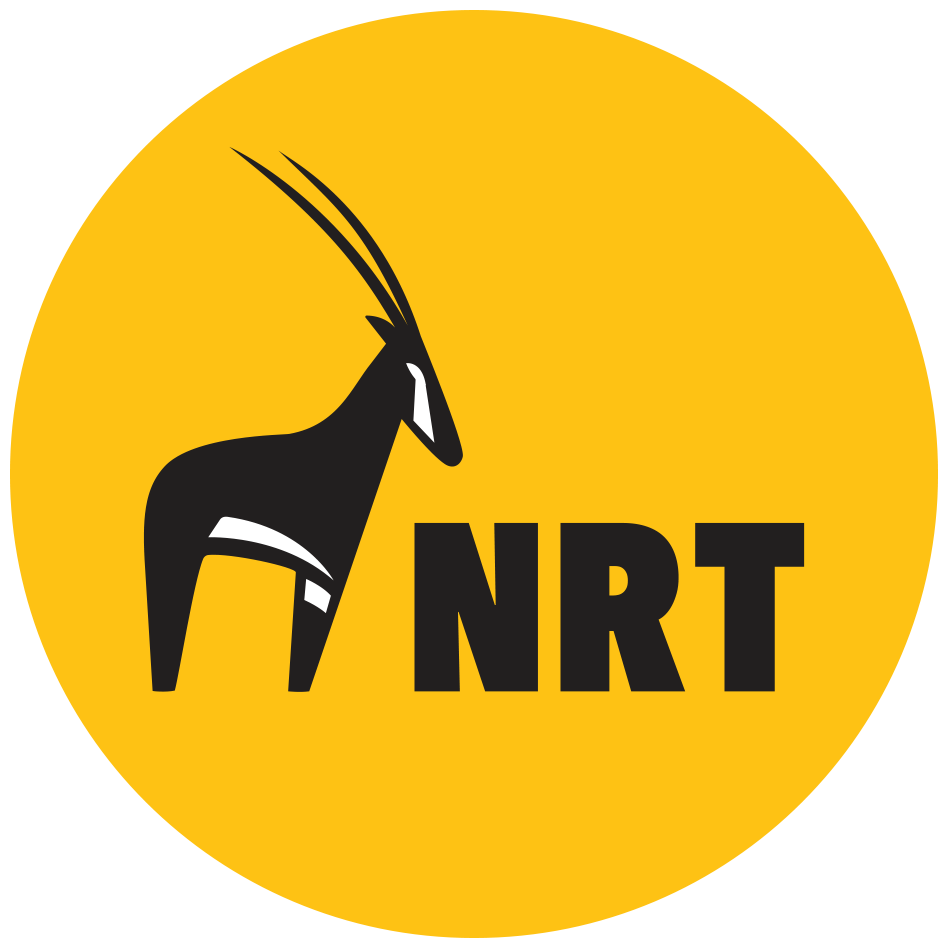Ujuzi Manyattani Programme Set to Expand Following NRT Trading-NITA Agreement
Ujuzi Manyattani Programme beneficiary repairing a motorcycle.
The National Industrial Training Authority (NITA) and NRT Trading engaged in a new partnership aimed at jointly expanding the Ujuzi Manyattani Programme, opening the doors for the training and certification of Ujuzi Manyattani beneficiaries using NITA curricula and the Government Trade Test.
NITA, led by the Director-General, Eng. Stephen Ogenga (l) with NRT Trading, led by the CEO, Vishal Shah (r) formalise a collaborative agreement.
This new partnership will drive the socio-economic development of the participating NRT community conservancies by ensuring the curricula offered in the chosen trades are current and relevant in the face of rapidly changing industry dynamics and technological advancements.
NITA, led by the Director-General, Eng. Stephen Ogenga, and NRT Trading, led by the CEO, Vishal Shah, formalized the partnership by signing a collaborative agreement. Ujuzi Manyattani is a mobile, village-based vocational training program that collaborates with polytechnics to help women and young morans in NRT member conservancies diversify their livelihoods, promoting entrepreneurship.
Ujuzi Manyattani is a vocational training delivery model that aims to give alternative livelihoods to indigenous communities in NRT-member conservancies, encourage entrepreneurship, and break poverty and conflict cycles.
The programme, led by the Northern Rangelands Trust (NRT) through its enterprise arm, the Northern Rangelands Trust Trading works by placing trainers from partner polytechnics in villages to teach marketable skills. It also provides access to learning for people from disadvantaged socio-economic backgrounds and those who have been unable to access formal education.
Ujuzi Manyattani is implemented in partnership with the Technical and Vocational Education Training (TVET) in the Ministry of Education, the National Industrial Training Authority (NITA), Kiirua Technical Institute and Laikipia North Technical and Vocational College.
The programme is supported and funded by the United States Agency for International Development (USAID) through the Local Works program, the Embassy of Denmark through Danida, the Embassy of Sweden through the Integrated Management of Natural Resources for Resilience in Arid and Semi- Arid Lands (IMARA) programme, IUCN Save our Species (Beisa Oryx Project), co-funded by the European Union and The Nature Conservancy.





